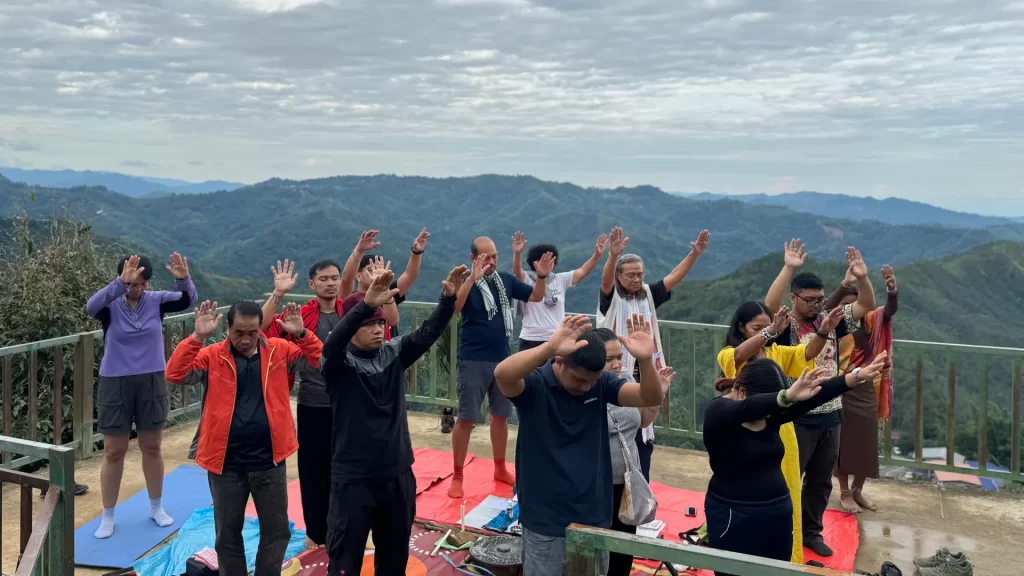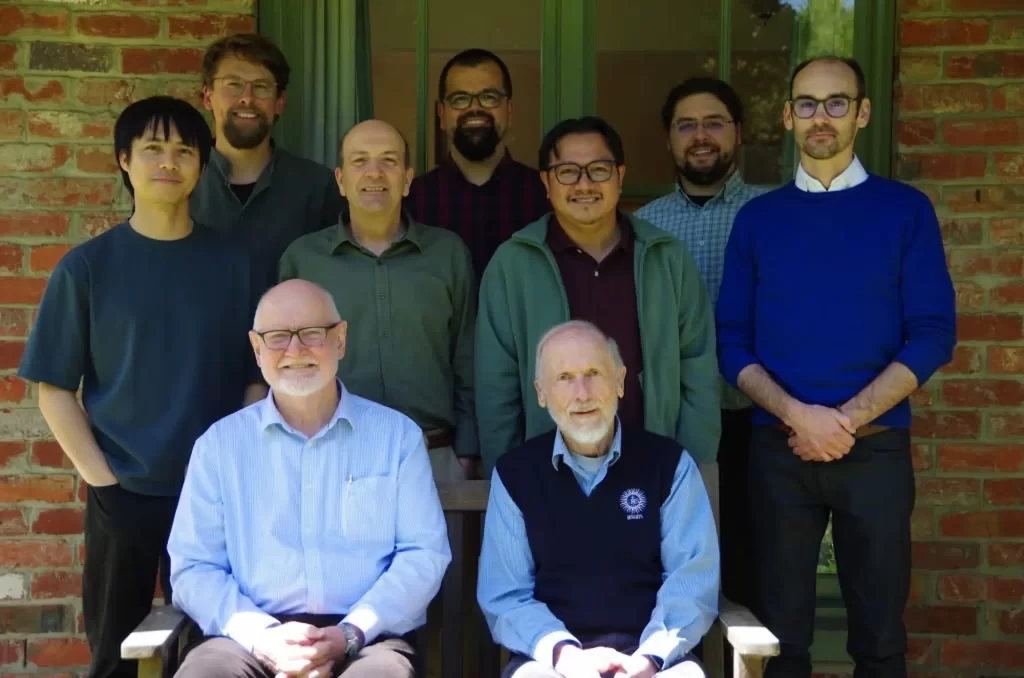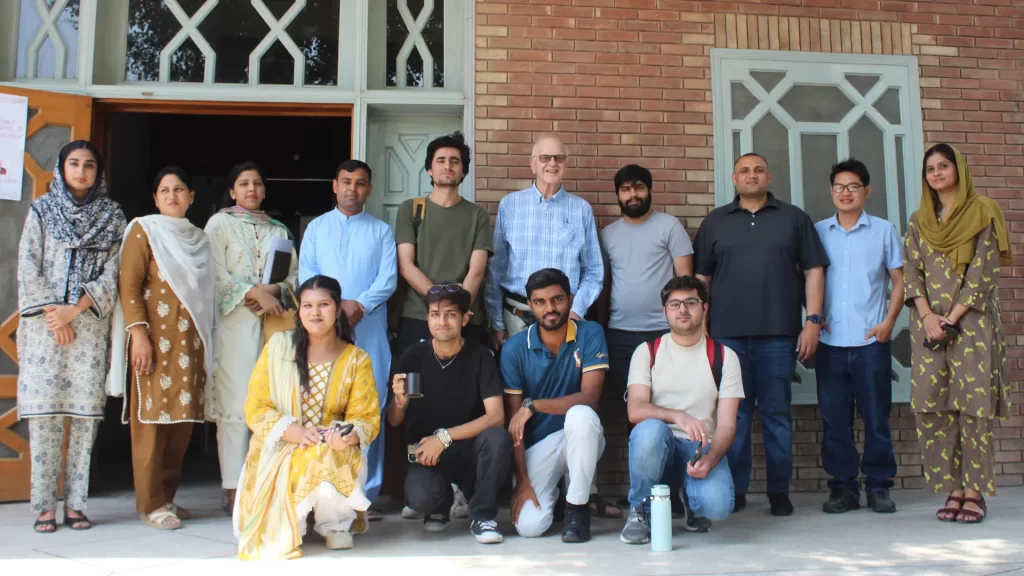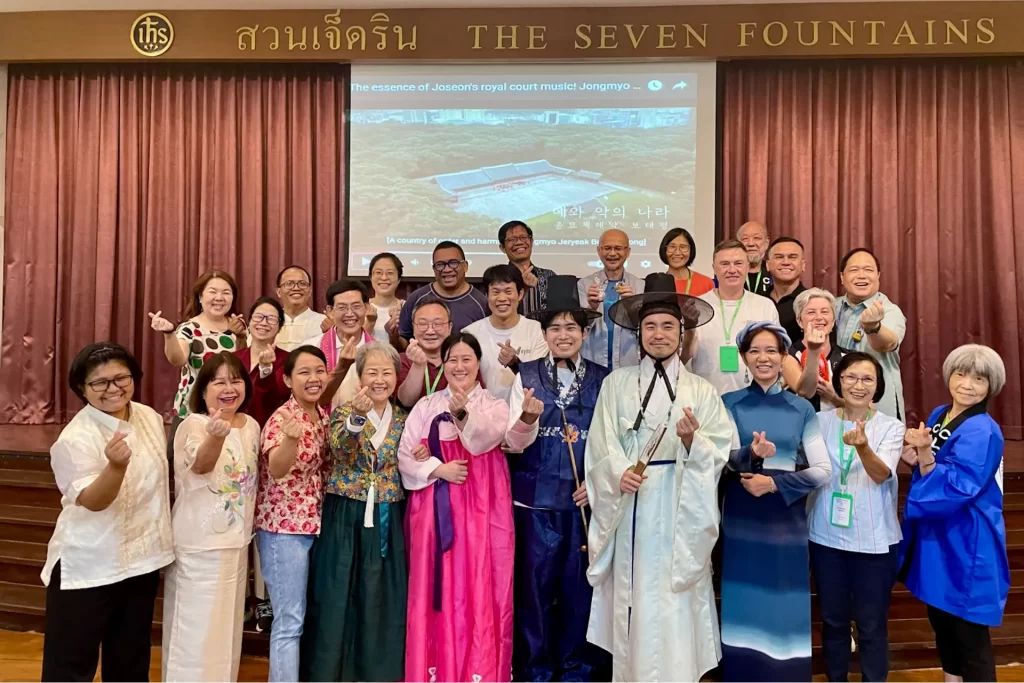
While I do not have direct experience handling cases of child sexual abuse, I have encountered many instances that reflect some of these foundational dispositions in my role as a senior high school teacher and an adviser of a graduating class. I have had the privilege of accompanying students at a time in their journey where they are growing in awareness and expression of their intellectual and emotional faculties, experiencing the joys as well as frustrations of high school and discerning their future.
One of the seven foundational dispositions—and perhaps the most overlooked by people in daily life—is vulnerability. Vulnerability, in the context of the Spiritual Exercises, is not weakness but a deep dependence on God, born from our wounds and limitations.
Many of us, myself included, carry wounds.
While I was substituting in a research class, a student approached me and opened up about her struggles with the subject, including a kind of disillusionment over groupmates who did not share her values and goals. Her disappointment grew with her own high standards for academic performance.
Another student waited patiently for me after a meeting, wanting to talk and cry about not being accepted into Ateneo de Manila University. She was tired of feeling so deeply dissatisfied with herself and with not being good enough in the things she does.
A group of student organisation members once arranged a meeting to voice emerging concerns that left them feeling unseen and unheard.
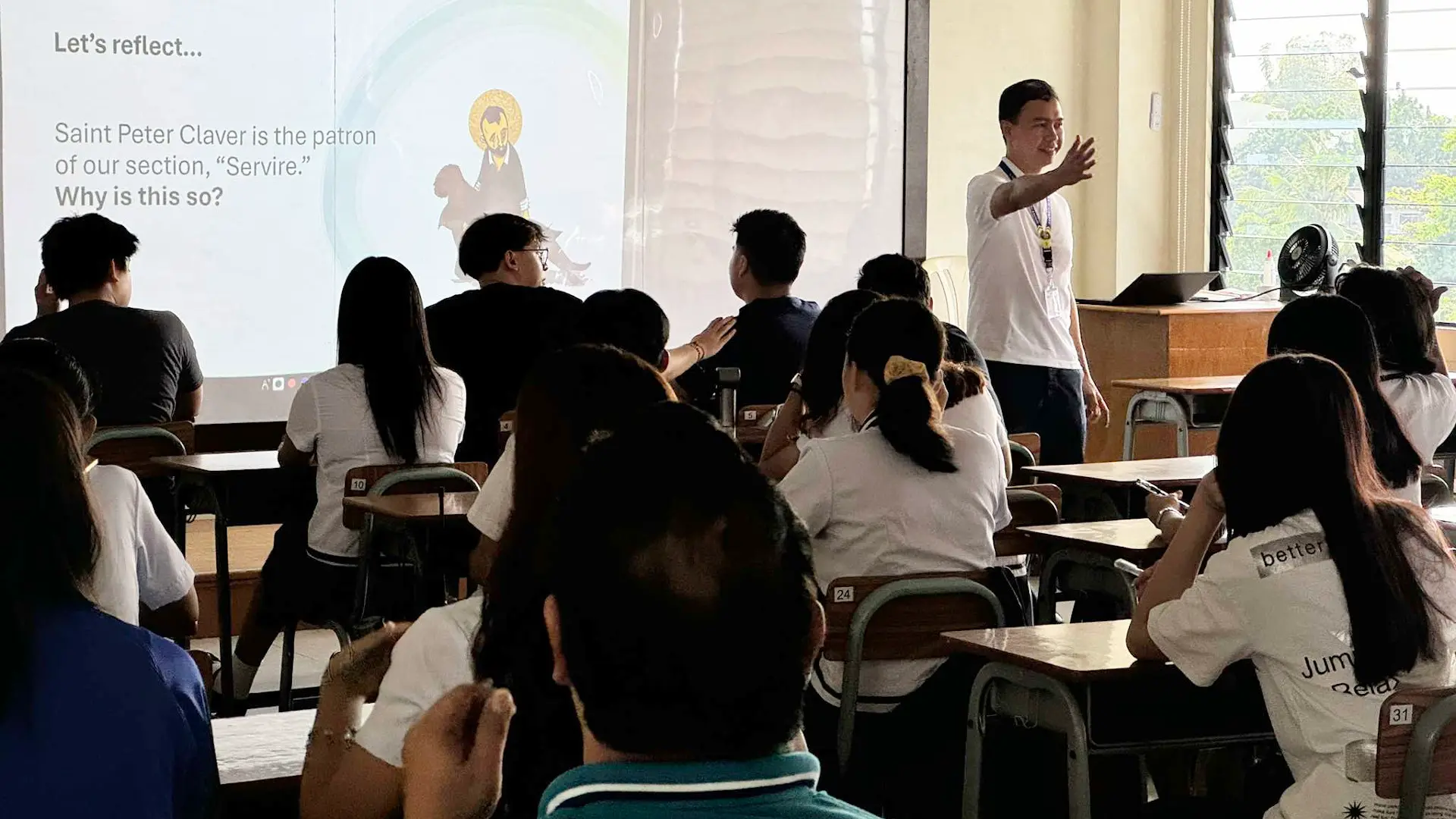
The temptation that has long plagued us is believing that vulnerability is to be disguised or kept hidden. Yet it is only through vulnerability that we can open ourselves to others, offering our consolation, support, or encouragement. Embracing our vulnerabilities–our wounds and limitations–is essential to being human.
Having embraced my own vulnerabilities, thanks to my ongoing formation in the Society of Jesus, I am able to grow in awareness of others’ vulnerabilities, especially my students’. I try to care for them as best as I can, always reflecting on what tools and strategies may help. I guide them through a breathing exercise at the beginning of the day, ask them how they are, and listen to their concerns. I also tell them the truth about themselves, because gentleness must go with firmness.
These are the humble ways through which I hope to contribute to our community’s culture of protection. In the end, we have Jesus to turn to. Jesus listened to the vulnerable, reflected and prayed to God, and responded to people’s needs. He also spoke the truth and stood up against injustice.
A culture of protection does not come easy, but it begins with the quiet little acts of care we offer each other every day.


